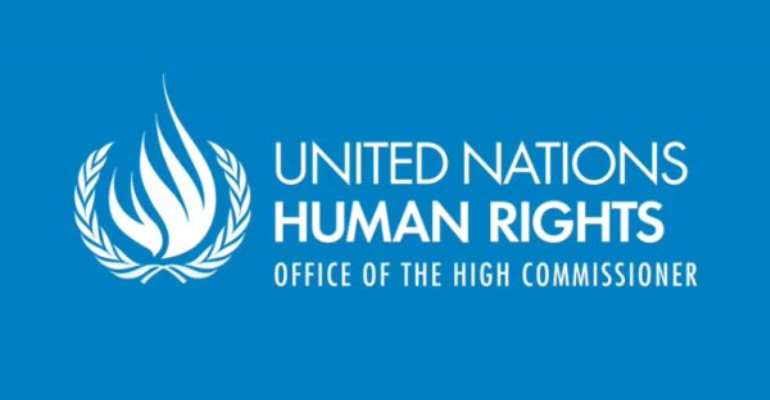Nigeria / Key UN group on prevention of torture announces countries to be visited in 2014

GENEVA, Switzerland, November 18, 2013/African Press Organization (APO)/ -- Azerbaijan, Nicaragua and Nigeria are among the countries the United Nations Subcommittee on Prevention of Torture (SPT) plans to visit in 2014, the rights body has announced.
The SPT's role is to prevent and eliminate torture and cruel, inhuman or degrading treatment and punishment of detainees. It works with national governments that have ratified the Optional Protocol to the UN Convention against Torture (OPCAT).
The SPT will also conduct missions next year to Ecuador, Malta, Netherlands and Togo, and plans a follow-up to a previously visited country. Following previous practice, some of the SPT's visits will focus on providing advice and assistance to national preventive mechanisms, which are bodies that themselves monitor places of detention.
In addition, the SPT will also conduct a broad range of visits to places of detention, as well as short missions that will focus on advising the national authorities on how to best to comply with their OPCAT obligations.
“For the SPT, the key to preventing torture and ill-treatment lies in building constructive relations between national and international bodies within the OPCAT framework,” said Chairperson Malcolm Evans after the SPT's latest session held in Geneva from 11 to 15 November.
“We have seen many real, positive developments as a result of this approach, and we are committed to bringing the benefits of becoming partners in prevention to all States parties as soon as we can,” he said.
This is why, Mr Evans explained, the SPT is devising more ways of fulfilling its convention mandate, which not only grants it unrestricted access to all kinds of places of detention in countries that have ratified the OPCAT, but also calls on it to work closely with national, regional and other international mechanisms involved in the prevention of torture.
“As a result of the OPCAT and the work of the SPT, systems for regular visits to places of detention as part of international efforts to prevent torture are now a reality in more than 50 states,” he added.
“The SPT is at the centre of this international framework of independent torture prevention mechanisms and we need to become ever more closely involved in encouraging and supporting all those involved in this work, at whatever level,” Mr Evans said.
